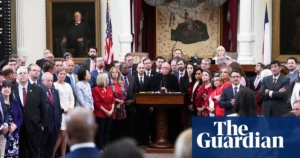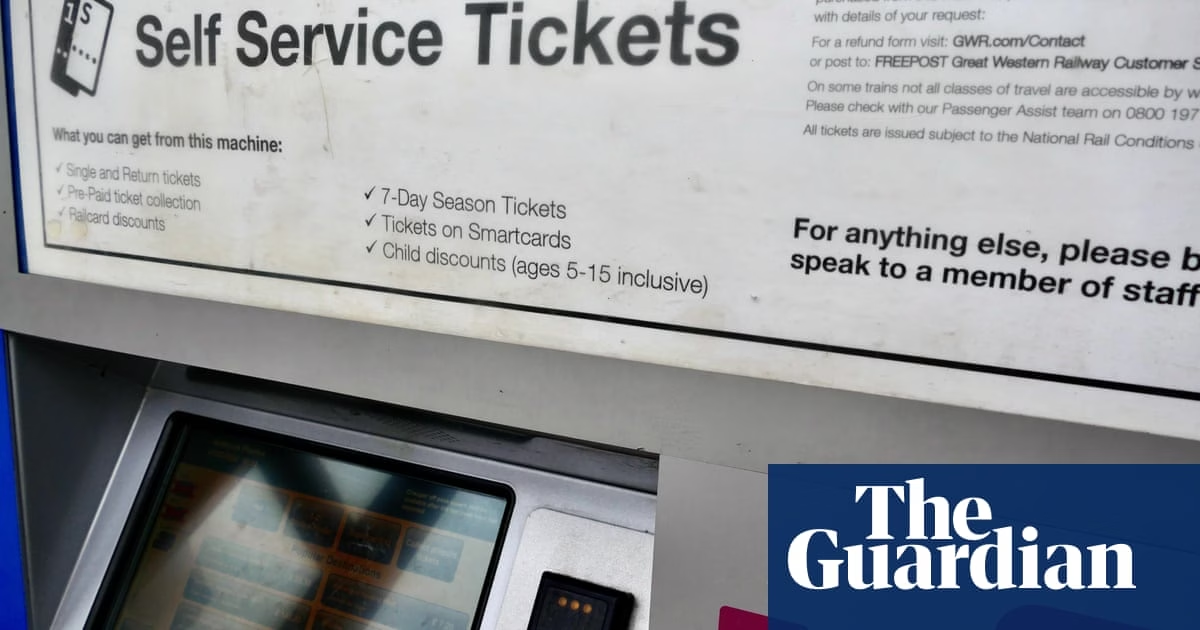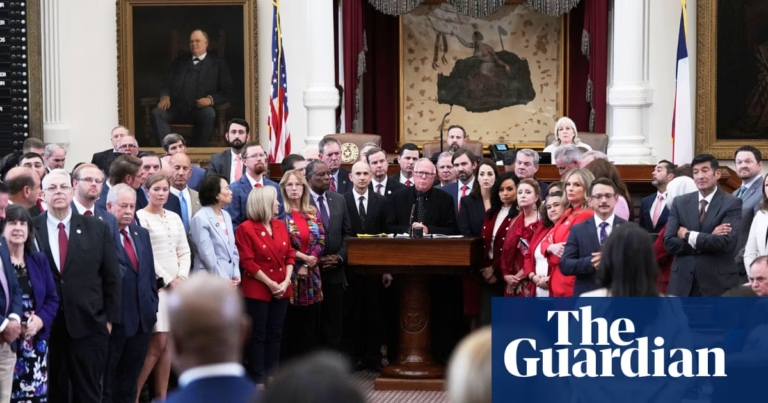Passengers on trains in England and Wales are set to face a significant increase in the cost of their tickets starting from Sunday. Rail fares will rise by 4.6%, while the majority of railcards will see an increase of £5. The government attributes the price rise to the railway’s financial struggles, but this has drawn comparisons from transport campaigners to Labour’s decision to freeze fuel duty for drivers.
This marks only the second time since 2013 that the government has raised fares above the rate of inflation, with the previous instance being in 2021 during the COVID pandemic when rail revenues significantly dropped. London’s subway and other rail services in the capital will also see an average fare increase of 4.6%, although bus fares will remain frozen.
The government is defending the increase, arguing that it is the lowest absolute rise in three years and slightly below the current increase in average earnings of 5.9%. However, the rise will lead to the cost of an annual season ticket on popular routes like Brighton to London surpassing £5,000, with York to Leeds now exceeding £3,000, and Canterbury commuters facing over £7,000 annually to reach the capital.
Home to almost half of rail fares in England — including season tickets and some long-distance returns — the prices are set directly by Westminster. The Welsh devolved government will similarly increase fares by 4.6% this Sunday, while Scottish fares will see a slightly lower rise of 3.8% from April 1.
Transport Secretary Heidi Alexander acknowledged the frustration among passengers due to frequent delays and cancellations, attributing the railways’ current state to a prior administration. She emphasized her priority to restore reliability to the railways through public ownership and the establishment of Great British Railways, aiming to place passengers at the center of the railway’s services.
Campaigners, however, expressed their disappointment, particularly with the increase in railcard prices after they had been protected for years. Critics argue that if the government can afford to keep fuel duty for motorists frozen, they should also be able to keep rail fares from rising, questioning when passengers might ever receive a break.
Source: https://www.theguardian.com/money/2025/mar/01/rail-passengers-england-wales-fares-rise









